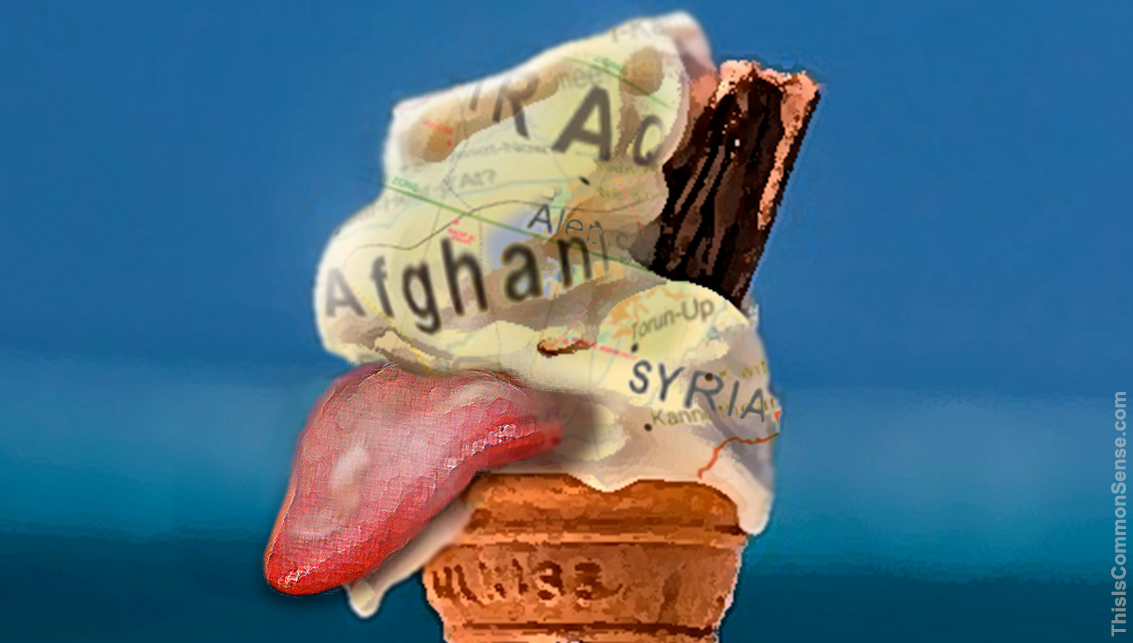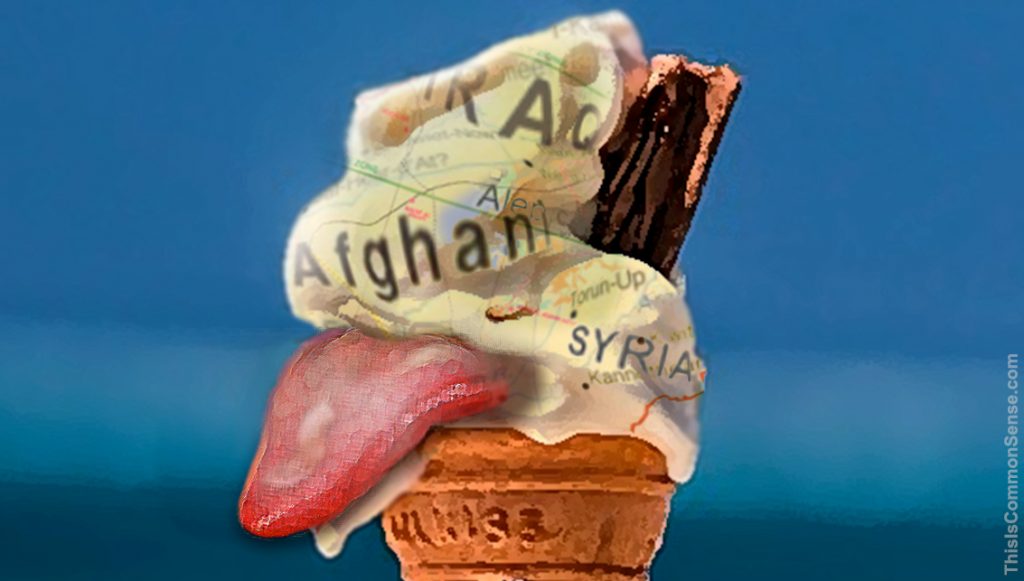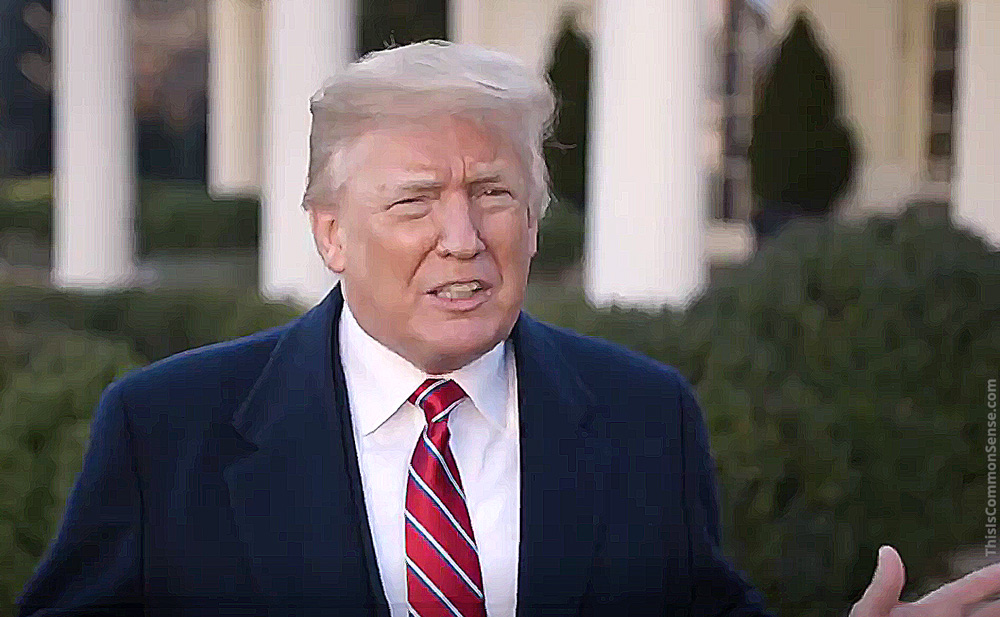I don’t want the Turkish military to wipe out the Kurds.
I also don’t want the Taliban to return to power in Afghanistan.
Nor do I want the Chinese totalitarians to violate the rights of Hongkongers.
Or for the Spanish government to slap long prison terms on peaceful Catalonian separatists.
Or tyrants in Nicaragua and Venezuela to torture and kill the people of those countries.
At the same time, I don’t want U.S. Marines landing on the beaches of Venezuela or Nicaragua or parachuting into Madrid or Kowloon . . . or for our military to endlessly occupy turf in Afghanistan and Syria.
There are limits even to superpower status. We cannot re-make the world in our image. By force. Everywhere at all times.
Except to some degree, by example. And regime change wars have not set a very good example.
The Iraq War destabilized the Middle East and handed Iran a major strategic victory. Leading from behind to help NATO overthrow the government of Libya has produced more chaos for northern Africa and Europe. Efforts at regime change in Syria have only worsened the suffering of millions of people.
U.S. troops remain in Iraq. After 17 years, we still have soldiers dying in Afghanistan. We can never leave. At least, not without any “gains” evaporating in a hurry.
And the president who finally ends military involvement in these “endless war” will get endless grief for abandoning allies* and ceding ground to Russia or some other bad actor. That’s what happened after 28 soldiers were pulled out of Syria.
Being a superpower isn’t all it’s cracked up to be.
Beacon of freedom seems a better gig.
This is Common Sense. I’m Paul Jacob.
* This is not an argument for being a bad ally ourselves. For starters, I think we ought to welcome Kurdish refugees who wish to immigrate to the U.S.

From a photo by: Lance Cpl. Christian Cachola
—
See all recent commentary
(simplified and organized)










